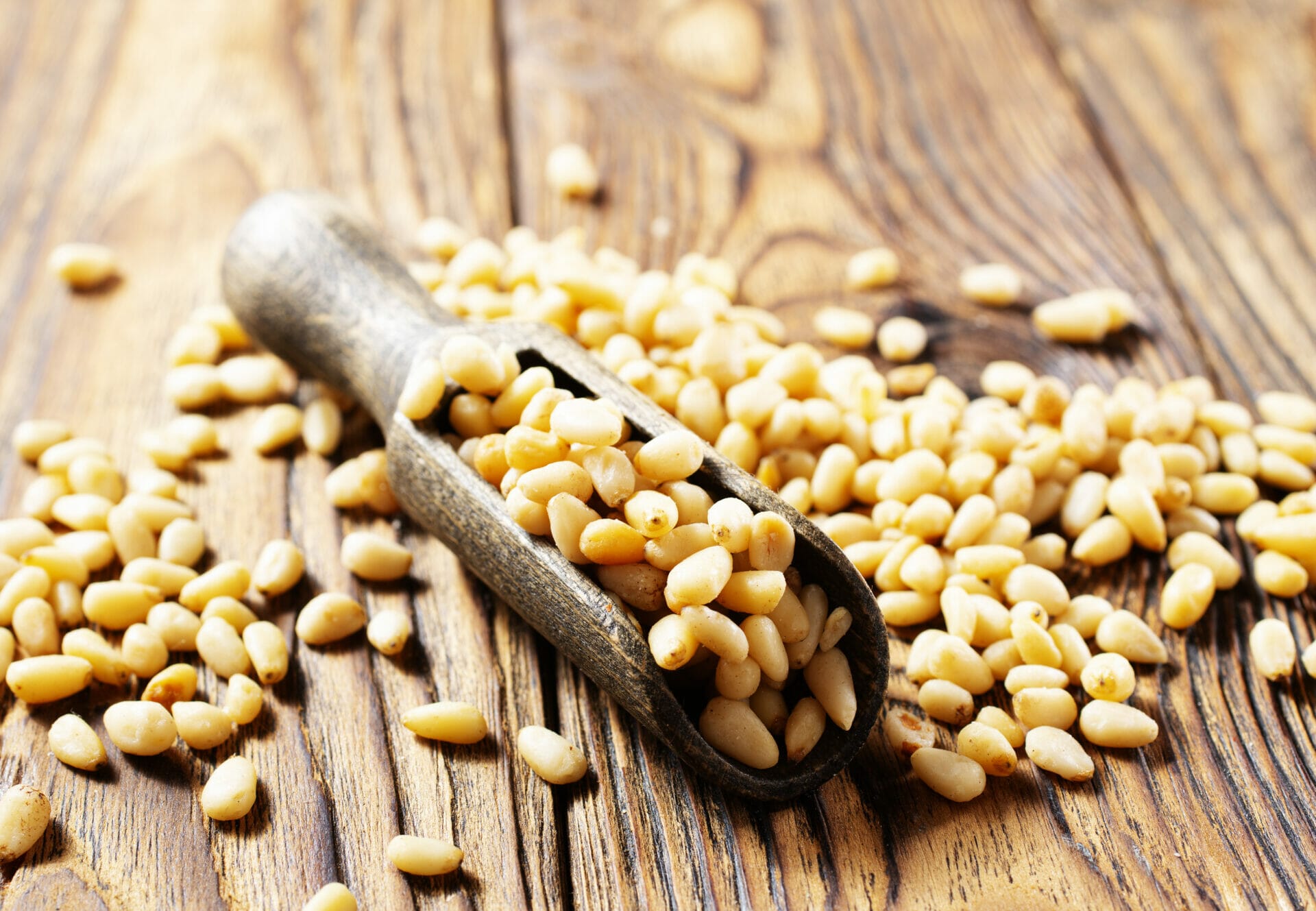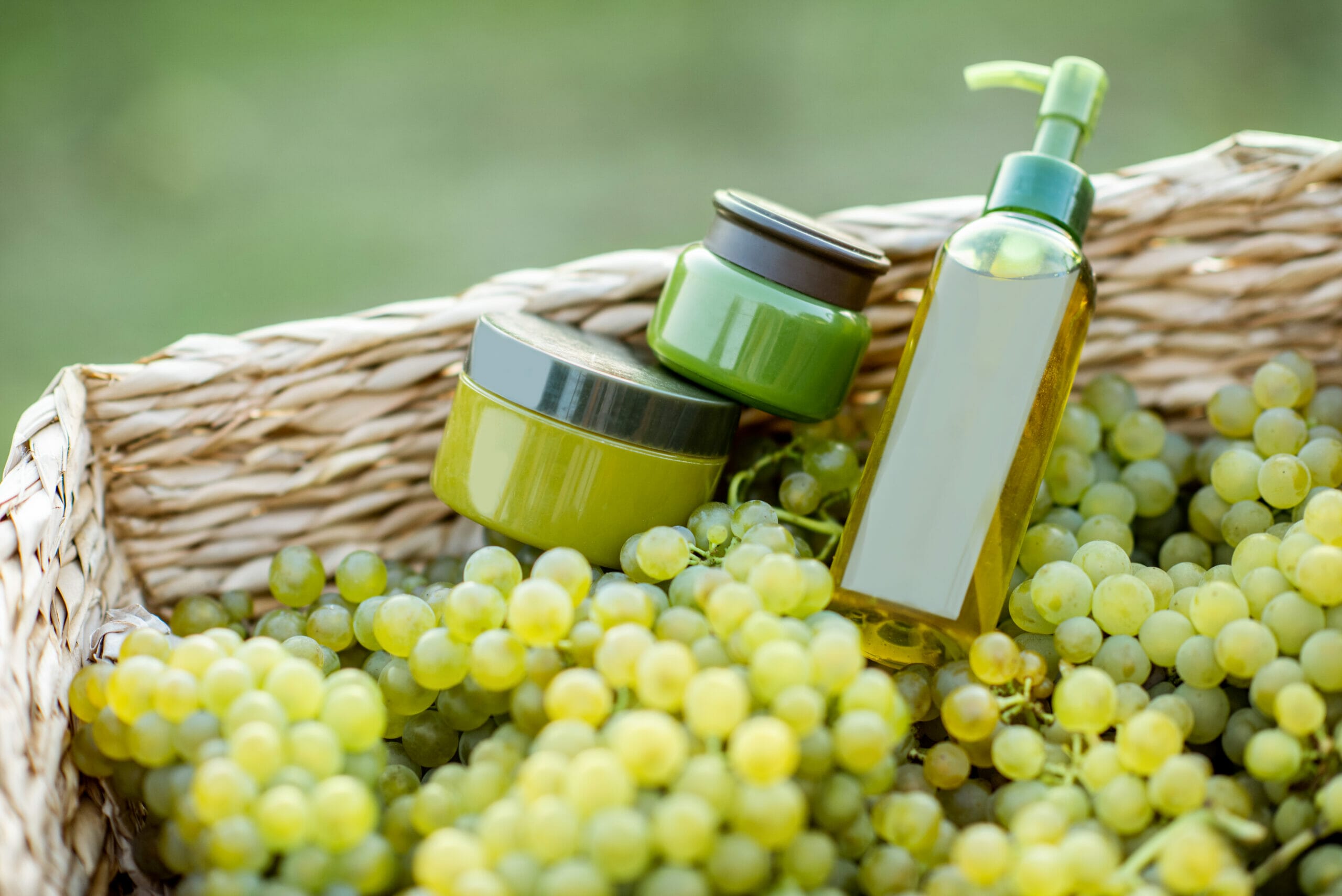Here’s why Malaysia still leads globally in Halal food and cosmetics OEM
Every item or service that is intended for consumption by Muslims must adhere to Sharia (Islamic) law; this is what is meant when something is described as “halal” in Arabic. The number of Muslims worldwide is currently believed to be over two billion, or around 25% of the world’s population. Thus, it is estimated that the global halal market is valued at more than US$2.3 trillion. The food industry is often regarded as having the highest growth potential within this market.
The global Muslim population spent US$1.2 trillion, or 17% of all spending in that sector, on food and drinks in 2015, according to the Status of the Global Islamic Economy Report (DinarStandard 2016/17). By 2021, the global Muslim community will spend US$1.9 trillion on food and drinks due to population growth that is increasing and rising earnings. According to an anticipated 9% average annual growth rate, this will represent 18.3% of the total global spending in this industry.
The Malaysian government is eager to position the nation as a global centre for halal cuisine in view of the rising demand for halal food. There is a growing need for consumers who are not Muslims, even though the halal food business will predominantly develop due to rising Muslim demand. This is especially true in China, where concerns about food safety continue to be very serious. Companies operating in Hong Kong will be well-positioned to take advantage of the specific business opportunities provided by the halal food industry given the city’s prominence as an international food trade hub.

What is Halal Food?
The main rule for a Muslim diet is that food must be halal (non-halal food is prohibited for Muslims) and must come from strong animals that were killed with a single cut. All fruit and vegetable products are generally regarded as halal as long as they have not been tainted by coming into touch with prohibited foods, particularly pork and alcohol. The combination of halal meals with prohibited goods is strictly prohibited during food processing and transportation. Moreover, halal food-specific hygiene guidelines must be followed from the abattoir to the point of sale. In supermarkets, halal food cannot be displayed with foods that are off-limits, even though non-halal and halal food products can.
Establishing Global Halal Standards
When it comes to halal certification, many Islamic nations have their own rules and restrictions. Nonetheless, the Malaysian government has worked to create a global halal standard. The Research Centre for the Islamic Affairs Division, working under the Prime Minister’s Office, created a national halal certification in Malaysia in 1974. The Department of Islamic Development Malaysia (JAKIM) was given control of the halal certification system’s implementation as well as the supervision and enforcement of halal compliance in Malaysia in 2005. Malaysia’s halal certification is the only one recognised by its government as an internationally standardised logo and certification system that is authorised for use by all Muslim countries because Malaysia is a member of the Organization of Islamic Conference (OIC). Some nations’ halal certification authorities, on the other hand, were either created by certain provinces or governments or supported by non-governmental organisations (NGOs).
The Halal Industry Development Corporation (HDC) was created in 2006 to further bolster Malaysia’s status as the top worldwide halal hub. Its goals include advancing commercial and industrial development as well as branding and halal requirements. The Malaysian government has also put into effect the Halal Industry Master Plan (2008-2020), a strategy for making Malaysia the world leader in halal-related innovation, production, and trade, including in the areas of specialised processed foods, cosmetics and personal care, pharmaceutical ingredients, livestock, and the services sector (particularly logistics, tourism and healthcare).
Application for JAKIM’s halal certification is open to both domestic and international businesses, including costs associated with document handling and site inspection. All applicants must pay the auditors’ charges, including any necessary airfare, lodging, and travel visas, in the event of food and beverage enterprises using processing facilities outside of Malaysia.
JAKIM recognises 56 international halal certification bodies and authorities across 33 countries in addition to its own halal certification. This contains five bodies—Beijing, Henan, Shandong, and Ningxia—on the Chinese mainland and one in Taiwan. JAKIM updates the Recognized List of International Halal Certification Organizations every year.

The Malaysian Halal Park: An Agglomeration of Halal-oriented Businesses
The development of Malaysia’s halal industry has been accelerated by the introduction of designated Halal Parks. These Parks are industrial areas designated for halal-oriented enterprises that permit their tenants to use shared facilities (such as storage facilities, cold chain warehousing and service supports). Also, it promotes the development of a supply chain within the park, fostering cooperation between the resident companies.
There are now 25 Halal Parks in Malaysia, some of which are fully operational and some of which are still under construction. Certain halal industries are served by distinct Halal Parks. For instance, the Tanjung Manis Halal Hub is dedicated to aquaculture and other associated halal food processing operations, while the Techpark@Enstek has been built expressly as a halal pharmaceutical manufacturing and R&D centre.
Creating Business Synergy: The Prima Halal Food Park
The Prima Halal Food Park, approved by Malaysia’s Ministry of Agriculture, is situated in the Gambang Industrial Area, some 30 kilometres from the Kuantan Port. Prima Agri-Products Sdn. Bhd. (PRIMA), a Malaysian-owned business involved in the delicatessen food industry since 1987, runs it. PRIMA manufactures its own line of halal food brands for the retail market in addition to providing a number of other establishments, including as hotels, restaurants, and airlines. In 2008, PRIMA launched the Prima Halal Food Park as a fully integrated enterprise to address the rising local and global demand for halal food products.
As the park’s manager, PRIMA offers central services and shared amenities to any manufacturer occupying space there. They include centralised services like water treatment facilities and transportation, as well as shared resources like storage for packaging supplies and cold storage for raw materials and finished food products.
More than 70 small and medium-sized businesses (SMIs) from the halal food manufacturing industry are now based in the Prima Halal Food Park. These SMIs can all choose to sign up for the Prima Vendor Program, which would allow them to make halal food under the PRIMA brand. The products are subsequently distributed by PRIMA using its specialised sales network. As an alternative, independent producers of food and drinks can create halal goods under their own brand names. In this situation, businesses must create their own distribution system while simultaneously paying a portion of the cost of the park’s common facilities and central services.
Malaysia: A Halal Food Production Base
In addition to local food processing businesses, several multinational corporations (MCNs) have already established their own food processing facilities in Malaysia with the aim of marketing their halal products in the regional markets of ASEAN and Malaysia. One example is the Swiss business Nestlé, which is among the biggest producers of foods and beverages worldwide.

